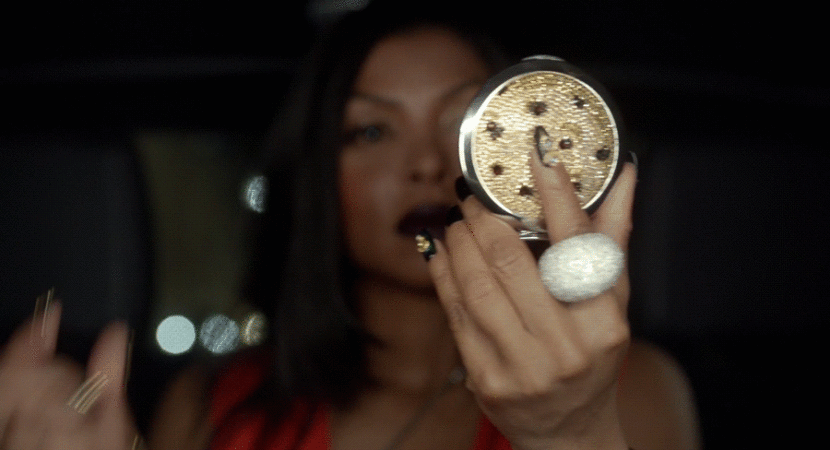What a terrifying but important question. Is it a beauty mark? Or is it skin cancer? More than five million cases of skin cancer are treated a year in the U.S., with 40% of those in people who already had another case treated earlier that year. The deadliest form of skin cancer is melanoma. According to Melanoma International, one person does from this deadly cancer each hour. Skin cancer is something to take seriously, and the best ways to stay ahead of it are by forming preventative habits.
The most important thing you can do is use sunscreen, which is almost always what leads to cancer. You have to use it religiously, and don’t be stingy! Your chances of developing skin cancer goes up 100% after only three sunburns. Take your skin health seriously—buy that high-SPF sunscreen, and even apply it on days you aren’t hitting the beach. Any day you’re going to be exposed to the sun, lather it onto exposed surfaces.
We’ll all get a fair bit of sun exposure over the course of our lives. And it would be a depressing route of action to do away with beach vacations altogether! Because the risk of developing skin cancer is constantly rising every year of your life, the other habit you should develop to stay ahead of this inevitable risk is to make the practice of regular checks. Many say that too-frequent checks are against your best interests, both because it feels like a chore and because you aren’t going to be able to see changes to spots quite as easily. Once a month is a good place to start.
As you’re giving yourself your monthly check, be sure to take notes to compare against in the following month. For as good as your memory might be, there are little details you don’t want to miss, and moles or spots you want to keep track of. Take the process seriously, because it’s about catching cancer early.
Signs it’s a mole or a beauty mark:
- Consistent color throughout the spot, even if it differs a little from nearby marks
- It’s flat, without any flaky or raised skin
- It’s nice and round—or as close to it as your moles and marks get
- It doesn’t grow or change
These are typically the marks you’ve had forever. New ones can develop, though, and if you’re freckly it can be very hard to tell what’s new and what’s not.
It might be a little obvious, but the opposite of any of the above means it could be a warning sign for cancer:
- New—you didn’t have it before
- Inconsistent color within the spot
- It has fuzzy edges, or is asymmetrical
- It’s sensitive or painful
“What do I do about my back, or areas I can’t see?” There is NO shame in asking for help in your monthly check. Particularly if you have a lot of spots, or have had skin cancer before, asking a partner, friend or family member to help you check is the only way to stay ahead of things without the drag of monthly dermatological exams.
“What about freckles?” Freckles are the result of sun exposure—technically they’re little clusters of melaninized cells. They’re worth checking, too, because skin cancer can develop anywhere. And skin cells which are reflecting sun damage would be a natural space for cancer to start.
“Does the doctor have to do a biopsy? Will I be under the knife?” Maybe, and not necessarily! Your doctor will often do a biopsy of any suspicious spots. It’s better safe than sorry, especially with how common skin cancer is. New Vivascan technology does allow doctors to do non-invasive biopsies, though. So you may not have to have any skin sliced off at all!

“Can you die from skin cancer?” Unfortunately, yes. Skin cancer can be deadly, though almost exclusively in cases of melanoma. And even among melanoma cases, only a small percentage of people die.
“Can existing spots change? It’s a mole I’ve had forever, can it be cancer?” It probably wasn’t cancerous to begin with, but yes, existing spots can develop cancer. In fact, as many as one third of cases of deadly melanoma start in existing spots. It’s all that much more important to watch for absolutely anything that changes over the surface of your skin!
If you’re looking for more tips to keep skin healthy, try not to get too off track. Sunscreen and regular checks are truly the best ways to stay ahead of possible cases of skin cancer. No one could do without any sun exposure at all, so just be smart when you’re out! And if you’re really looking for an “extra something” to do, if only to feel more proactive, treat yourself to regular facials and other skin treatments you like. Anything that keeps your skin hydrated and healthy will help protect it from cancerous cell growth.

